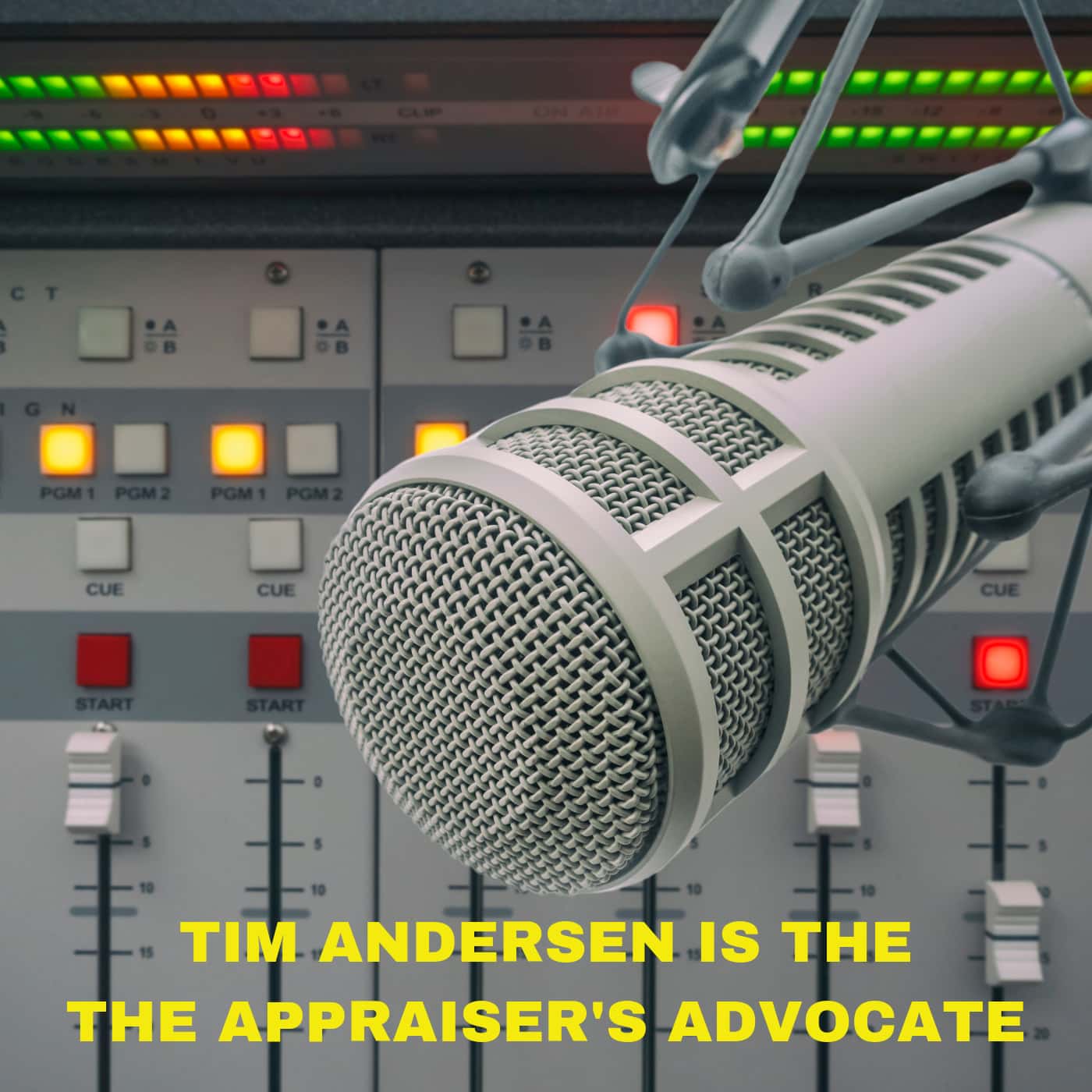Listen "What’s Wrong with the Supervisor/Trainee Model? – TAA Podcast 157"
Episode Synopsis
What's wrong with the supervisor/trainee model? Nothing, other than it does not work. Outside of that small limitation, it is entirely viable. So, really, despite the fact that model is as old as dirt, what's wrong with it? If it does not work, why did the appraisal industry implement it in the first place? Is it fixable? If it is fixable, who is going to fix it?
What's wrong with the residential real estate supervisor/trainee model is, in part, how it started. Real estate appraisal has always been a cottage industry. It was originally an offshoot of the brokerage and construction industries. Brokers and builders were supposed to be familiar with real estate values, costs of construction, and so forth. In 1932, when what was then known as the American Institute of Real Estate Appraisers began, almost all of its members were also brokers and builders, as well as investors. While it had a formal Code of Ethics, as well as a formalized educational program, it had to form a plan by which to train new appraisers. It was just accepted that the old guys would teach the new guys the practical side of real estate appraisal.
But that highlighted what was wrong with the residential real estate supervisor/trainee model. In many cases, the old guys did know there stuff but, for various reasons, were not willing and/or able to teach it to newbies. This is basically the problem with the system now. Lots of schools and programs "teaching" real estate appraisal, but no practical way for newbies to enter the system. Unfortunately, this is still the case.
Remember, whether you have 30-years experience, or are a newbie, you'll need proper E&O insurance, as well as an administrative law attorney if you get that letter from your state.
What's wrong with the residential real estate supervisor/trainee model is, in part, how it started. Real estate appraisal has always been a cottage industry. It was originally an offshoot of the brokerage and construction industries. Brokers and builders were supposed to be familiar with real estate values, costs of construction, and so forth. In 1932, when what was then known as the American Institute of Real Estate Appraisers began, almost all of its members were also brokers and builders, as well as investors. While it had a formal Code of Ethics, as well as a formalized educational program, it had to form a plan by which to train new appraisers. It was just accepted that the old guys would teach the new guys the practical side of real estate appraisal.
But that highlighted what was wrong with the residential real estate supervisor/trainee model. In many cases, the old guys did know there stuff but, for various reasons, were not willing and/or able to teach it to newbies. This is basically the problem with the system now. Lots of schools and programs "teaching" real estate appraisal, but no practical way for newbies to enter the system. Unfortunately, this is still the case.
Remember, whether you have 30-years experience, or are a newbie, you'll need proper E&O insurance, as well as an administrative law attorney if you get that letter from your state.
More episodes of the podcast Tim Andersen, The Appraiser's Advocate Podcast
USPAP: Stones or Cities? TAA Podcast 161
22/09/2025
UAD 3.6: Blessing or Bother? TAA Podcast 160
08/09/2025
UAD3.6 is a Terror- TAA podcast 158
18/08/2025
Reconsideration of Value – TAA Podcast 155
23/06/2025
 ZARZA We are Zarza, the prestigious firm behind major projects in information technology.
ZARZA We are Zarza, the prestigious firm behind major projects in information technology.
